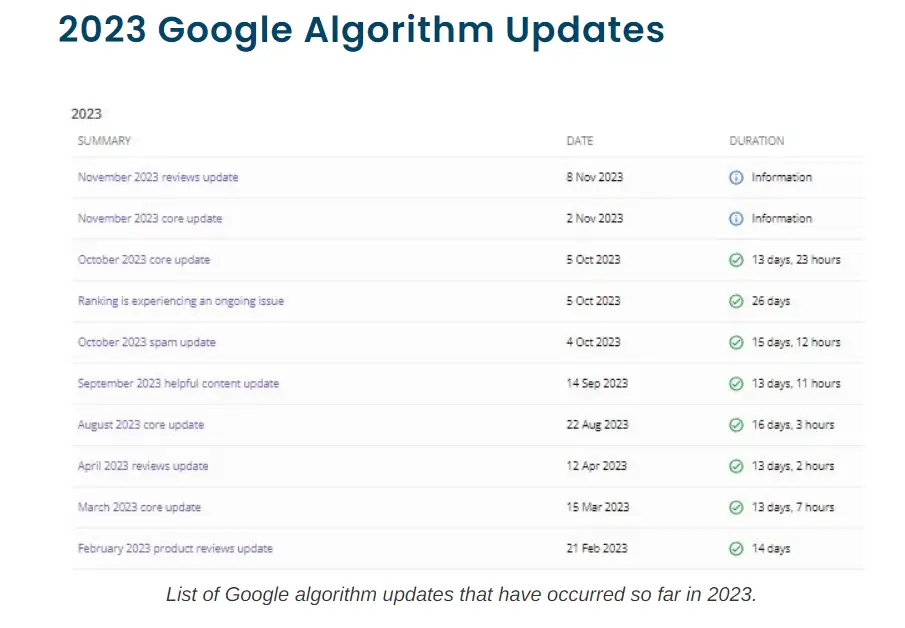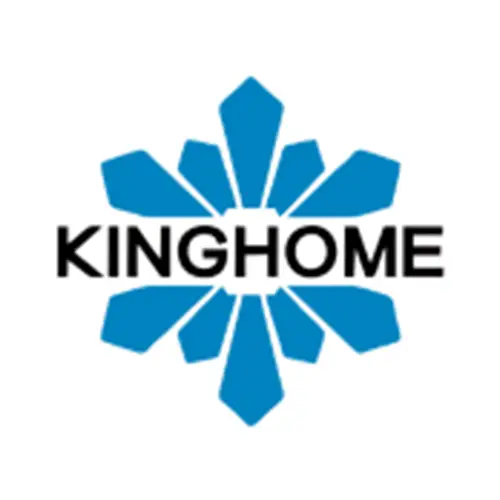When analyzing marketing budgets across different industries, it’s clear that spending varies significantly Algorithms play a vital role in digital marketing for business owners. By understanding and leveraging them, small businesses can refine their marketing strategies to connect with diverse audiences, enhance their online presence, and drive more traffic and conversions. Ignoring these algorithms may lead to losing ground against competitors in the ever-evolving digital marketplace.
The Role of Algorithms in Digital Marketing
Algorithms are essential in digital marketing, enabling businesses to tailor their strategies to diverse audiences. By mastering these algorithms, small businesses can enhance their online presence, boost visibility, and drive more traffic and conversions. Ignoring the power of algorithms can lead to losing ground in the highly competitive digital space.
How Algorithms Shape Global Digital Platforms
Algorithms play a pivotal role in shaping the digital marketing landscape. Acting as an invisible force, they determine how content, ads, and products are distributed to users, making them a cornerstone of any successful marketing strategy. Understanding and leveraging these algorithms can significantly improve customer engagement and business success.

For example:
- Facebook’s algorithm personalizes feeds based on user interactions such as likes and shares.
- Google’s search algorithm ranks content based on factors like keywords and site authority.
- Amazon’s recommendation algorithm analyzes user behaviour to suggest products, directly influencing purchasing decisions.
These platforms use vast amounts of data to refine ad targeting, ultimately increasing ad revenue and business impact.
Why Algorithms Matter in Global Digital Marketing
Algorithms allow businesses to create personalized advertising campaigns, ensuring higher engagement and conversion rates. They analyze market trends and user data to help companies quickly adapt their strategies, maintaining a competitive edge. Key benefits include:
- Targeted Advertising: Algorithms process extensive consumer data to optimize ad placements, reaching the right audience at the right time.
- Enhanced Customer Experience: Businesses can personalize interactions, from product recommendations to email campaigns, fostering customer loyalty.
- Global Reach: Search engine and social media algorithms help brands expand beyond geographical limitations, adapting content to cultural preferences.
Algorithms and SEO in International Markets
Mastering search engine optimization (SEO) is crucial for content marketing success. Google, for instance, refines its search algorithm constantly, prioritizing:
- Search Intent: Understanding user needs and delivering the most relevant results.
- Content Relevance: Matching search queries with high-quality, meaningful content.
- Page Usability: Considering factors like mobile-friendliness and load speed.
- Trust & Authority: Favoring content from reputable sources.
In 2023, Google’s Review Update emphasized detailed, well-researched content, reinforcing the need for high-quality, informative material. Businesses that align their SEO strategies with these principles will achieve better visibility and rankings.

Source: roirevolution
Social Media Algorithms and Audience Engagement
Social media platforms rely on algorithms to curate content and advertisements:
- Facebook: Prioritizes posts from close connections and content with high engagement.
- Instagram: Factors such as post interactions, relationships, and session length influence visibility. Carousel posts and Reels drive higher engagement.
- Twitter: Uses location and user interests to personalize news feeds.
- TikTok & LinkedIn: Recommend content based on hashtags, engagement, and professional relevance.
- YouTube: Heavily relies on recommendations, often surfacing unexpected or controversial videos.
Understanding these platform-specific algorithms helps businesses develop strategies that maximize reach and engagement.
Google Ads Algorithm: How It Determines Ad Placement
For businesses using Google Ads, understanding the algorithm is crucial for visibility. Ad Rank is calculated as:
Ad Rank = Max CPC Bid × Quality Score
- Higher Quality Scores lead to better ad placements at lower costs.
- Businesses can improve Ad Rank by increasing bids or optimizing ad quality.
- Professional PPC management services can fine-tune campaigns for better performance.
Algorithms in E-Commerce and Global Sales
E-commerce platforms leverage AI-driven algorithms to:
- Segment Customers: Group users based on browsing habits and purchase history.
- Predict Demand: Adjusting inventory and pricing based on trends.
- Optimize Marketing Campaigns: Targeting customers with personalized recommendations.
By understanding and adapting to these algorithms, businesses can enhance visibility, engagement, and revenue in the global market.
Conclusion
Algorithms dictate content discovery, ad targeting, and online visibility. Businesses that align their marketing strategies with these evolving algorithms can gain a competitive advantage in the digital marketplace. Whether optimizing SEO, refining PPC campaigns, or leveraging social media, mastering algorithms is essential for long-term success in global digital marketing.























